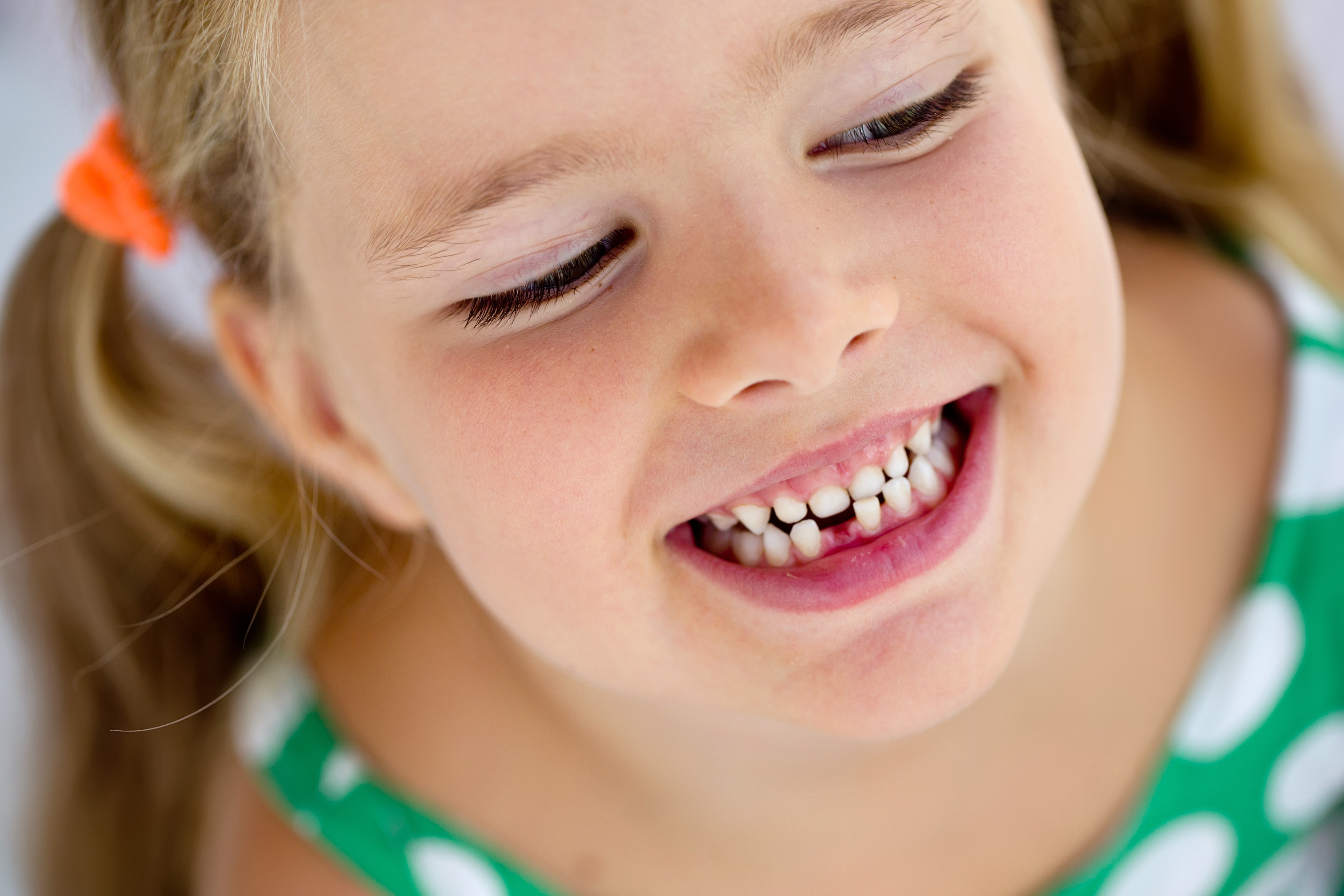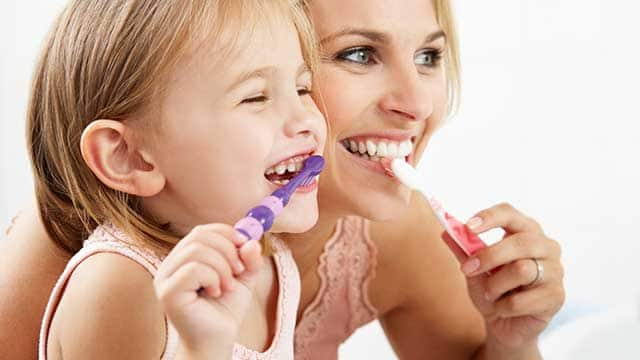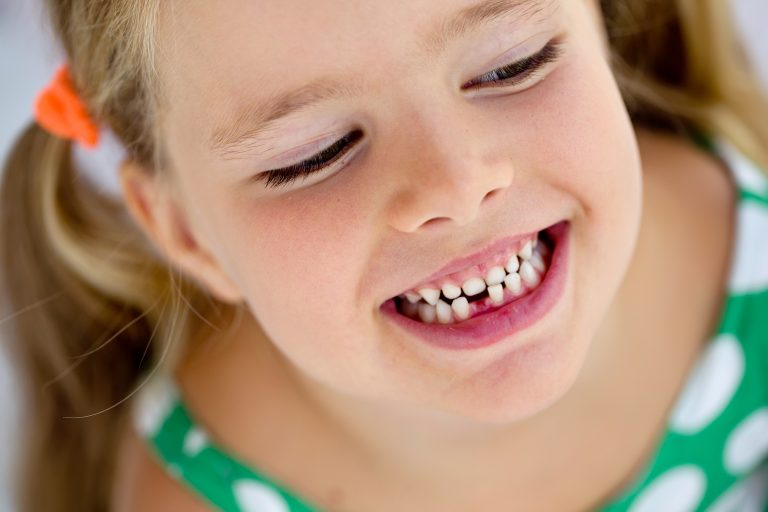Baby teeth, or primary teeth, are the set of teeth that are predominantly in the mouth from 6 months and are usually lost/replaced by the age of twelve. We tend not to think of this set of teeth as being too important; after all, most of these teeth are lost or replaced before the child enters their teens. The consequences of decay affecting these teeth however are wide-ranging.

Primary teeth are incredibly susceptible to decay; their structure is not as resistant to caries when compared to permanent teeth. If not addressed, decay in primary teeth can spread and progress very quickly. The end result of this progression can be the development of infection/abscess and/or the loss of the affected tooth.
In young children, premature loss of primary teeth can affect speech development and may have an impact on the amount of space in the mouth left for the permanent teeth as they erupt. This may lead to crowding which requires correcting with extractions and braces later on in the child’s life.
Untreated infections of baby teeth can also affect the development of the underlying permanent tooth, resulting in defects in the structure of the tooth.
How to best maintain this set of teeth:

Encouraging good oral hygiene in your child from a young age is crucial. Current guidelines recommend brushing your child’s teeth twice a day as soon as the first tooth erupts. 500ppm (parts per million) Fluoride toothpaste should be only introduced after 18 months, and adult strength Fluoride toothpaste (1000-1500ppm) should be introduced after 6 years. Young children should be closely supervised during brushing, and after brushing all children should be encouraged to spit out excess toothpaste, but not to rinse out their mouth. Flossing should also be encouraged to clean the surfaces between teeth.
Children should also be booked in for regular check-ups to catch decay early, and to monitor their dental development for any notable discrepancies.

